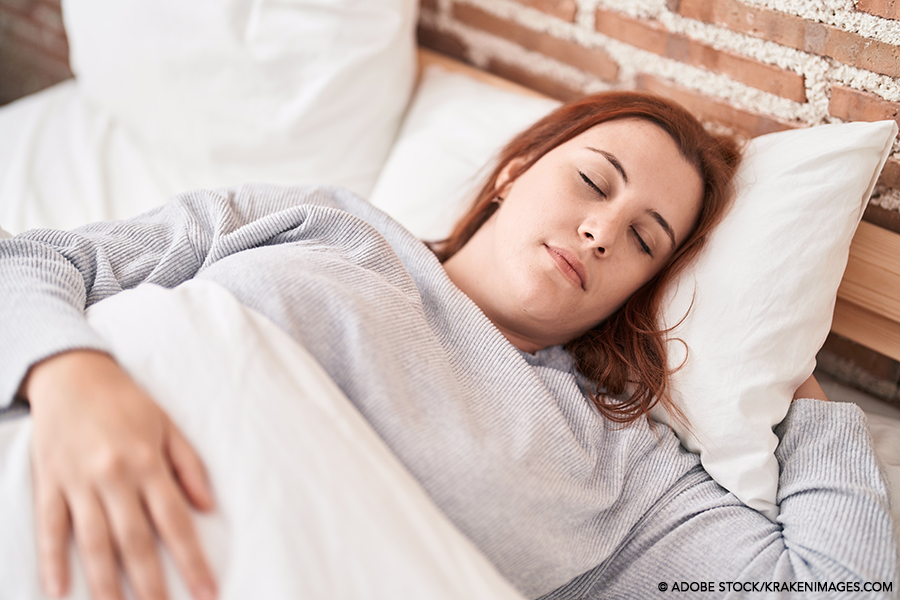 While hypoglossal nerve stimulation (HGNS) can be effective for treating obstructive sleep apnea, factors such as weight and sleep position can decrease its effectiveness, according to research published in JAMA Otolaryngology–Head & Neck Surgery (doi: 10.1001/jamaoto.2024.0261).
While hypoglossal nerve stimulation (HGNS) can be effective for treating obstructive sleep apnea, factors such as weight and sleep position can decrease its effectiveness, according to research published in JAMA Otolaryngology–Head & Neck Surgery (doi: 10.1001/jamaoto.2024.0261).
Explore This Issue
May 2024The researchers evaluated 76 patients who underwent HGNS (75% male, median age 61). While 78% of patients responded to treatment, patients with a BMI above 32 had 75% lower odds of responding to treatment. Additionally, only 39% of patients who slept in a supine position responded to treatment.
Although they note that more research is needed in larger and more diverse groups of patients to confirm these results, the authors recommend that “sleep medicine clinicians should consider informing patients that higher BMI and supine sleeping position may decrease therapeutic response to HGNS.”